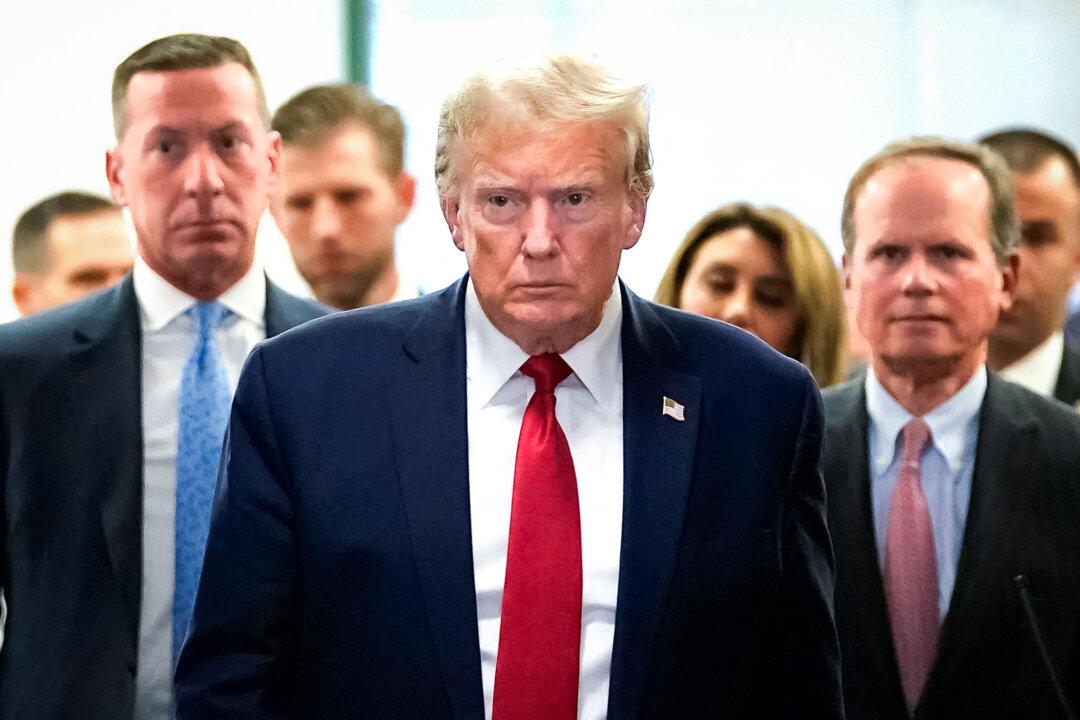A federal judge dismissed a lawsuit that sought to bar former President Donald Trump from Virginia’s 2024 primary and general election ballots, rejecting arguments similar to those used to temporarily prevent him from appearing on ballots in Colorado and Maine.
In a ruling issued in late December, U.S. District Judge Leonie M. Brinkema wrote that the plaintiffs—two activists—who filed the lawsuit against President Trump lacked legal standing.





